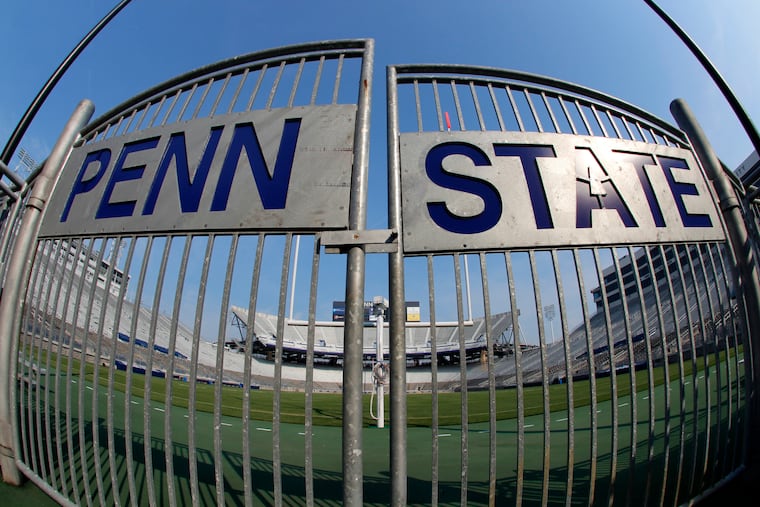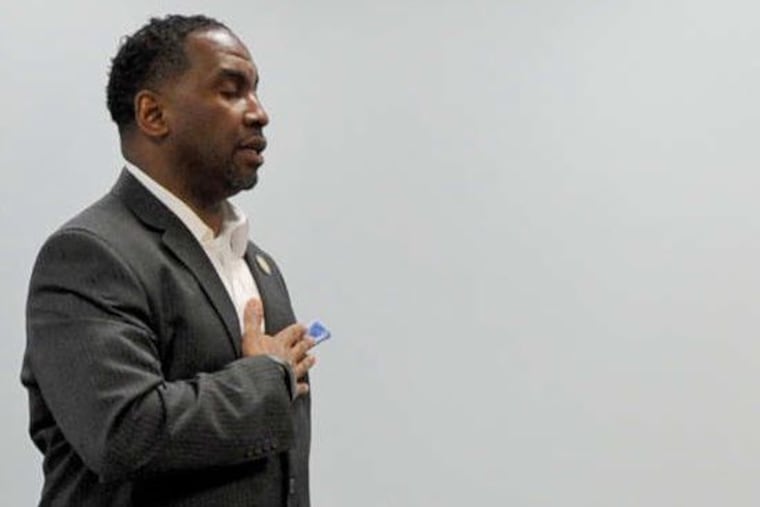Penn State faces opposition from faculty and two trustees over plans to close several Commonwealth campuses.
Pennsylvania State University (PSU) is facing significant criticism as it prepares to announce potential closures of several Commonwealth campuses. Faculty members from the university and a group of both current and former trustees have expressed strong opposition to this plan, emphasizing the implications it could have on student accessibility and diversity.
Michelle Rodino-Colocino, president of the PSU chapter of the American Association of University Professors, articulated her concerns in letters directed to University President Neeli Bendapudi and the board of trustees. Rodino-Colocino cautioned that the closure of these campuses could reverse progress made in serving students from historically underrepresented backgrounds, including Black, Hispanic, and Native American communities. She highlighted the significance of the Commonwealth Campus model, which has facilitated recruitment efforts in diverse urban areas such as Philadelphia and Pittsburgh.
In a wider show of dissent, trustees Jay Paterno and Ted Brown, members of a robust 30-member board, jointly released a statement denouncing the proposed campus closures. While they acknowledged the financial challenges—with annual losses estimated between million and million from the operation of the 20 campuses—they argued that this figure constitutes merely 0.4% of the university’s billion yearly budget. They framed this expense as a vital investment in the heart of PSU’s land-grant mission, asserting that maintaining access to education across the state is paramount.
Enrollment figures reveal a troubling decline within the Commonwealth campuses, which saw their numbers drop from approximately 24,000 in 2010 to around 17,000 last year—a stark 30% decrease. This past fall, overall enrollment at these campuses fell by about 2%, with first-year student numbers declining by 8.4%, translating to a loss of 578 students. Specifically, the 12 campuses under review for potential closure, including Beaver, DuBois, and Wilkes-Barre, have experienced a staggering 39% drop in enrollment over the last decade.
In a recent announcement, President Bendapudi confirmed the decision on campus closures would not occur before the end of the academic year, with an intention to finalize details after commencement ceremonies set for May 9-11. She emphasized the importance of timely communication concerning such significant changes, recognizing the impact on the university community during this key period.
Despite the financial rationale for the proposed changes, both faculty and trustees urge the administration to explore alternative solutions. With significant financial reserves exceeding billion, there are calls from the faculty for PSU to adopt a more inclusive decision-making process that prioritizes the voices of educators and community stakeholders.
This situation marks a critical juncture for Penn State as it navigates the complexities of educational access, fiscal responsibility, and its commitment to serving diverse populations throughout Pennsylvania. Stakeholders remain hopeful for a resolution that considers the values embedded within the university’s mission while addressing emerging financial challenges.
The conversation surrounding the future of Penn State’s Commonwealth campuses continues to evolve, reflecting broader themes in higher education regarding access, equity, and sustainability.







